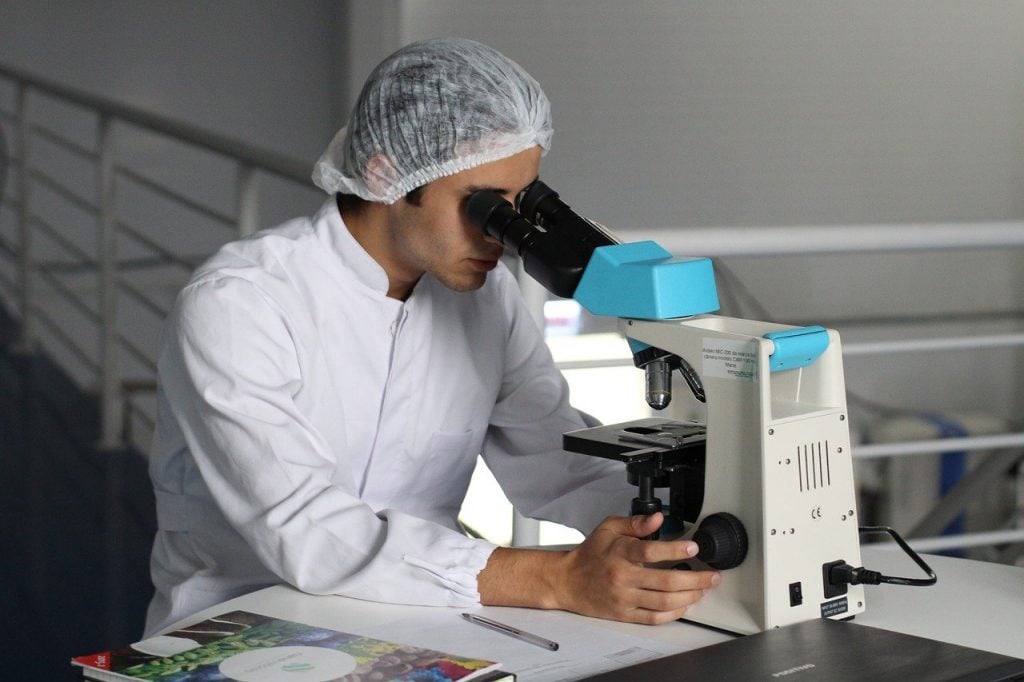According to the article that published in “Diabetes Care” journal patients with high blood pressure, obesity and diabetes have more risks get COVID-19 with end-stage complications.
The illness was studied individually and complex as metabolic syndrome. Was analyzed patient reaction to the coronavirus infection in combination with other diseases.
Metabolic Syndrome
Metabolic syndrome (MetS) is the medical term for a combination of diabetes, high blood pressure (hypertension) and obesity. It puts you at greater risk of getting coronary heart disease, stroke and other conditions that affect the blood vessels. On their own, diabetes, high blood pressure and obesity can damage your blood vessels, but having all 3 together is particularly dangerous.
“Diabetes Care” told about researches “Among 287 patients (mean age 61.5 years; female, 56.8%; non-Hispanic black, 85.4%), MetS was present in 188 (66%). In predominantly black patients hospitalized for COVID-19, the clustering of hypertension, obesity, and diabetes as MetS increased the odds of mortality compared with these comorbidities individually.”
The research took place at Tulane Medical Center and University Medical Center New Orleans from March 30 to April 5, which was at the peak of the pandemic in New Orleans. More than 85 percent of patients in the study identified as non-Hispanic Black. The mean age was 61 years old and almost 57 percent were women. The most common conditions were hypertension (80%), obesity (65%), diabetes (54%), and low HDL (39%).
MetS statistic at US
The prevalence of metabolic syndrome is estimated at more than 30% in the United States; however, by using the Adult Treatment Panel criteria, prevalence is estimated at about 22% (14–16). Prevalence of metabolic syndrome increases rapidly with age, suggesting that given the demographic trend in the US population of increasing age, further increases in metabolic syndrome prevalence are to be expected, with concomitant increases in related chronic diseases and conditions.
Investigators compared 2 groups: patients who were diagnosed with metabolic syndrome and those without metabolic syndrome. Outcomes were measured based on if patients were admitted to an intensive care unit (ICU), placed on a ventilator, developed acute respiratory distress syndrome (ARDS), or died from the disease.
Analyzes showed that hypertension, obesity, and diabetes individually did not show an association with mortality. However, the combination of the 3 conditions increased the odds of worsened COVID-19 outcomes. When comparing outcomes of patients with metabolic syndrome with those without, 56% versus 24% required ICU, 48% versus 18% required a ventilator, 37% versus 11% developed ARDS, and 26% versus 10% died, respectively.
Prevention:
- Exercise. Physical activity (PA) and exercise are key components of energy expenditure and energy balance. But the benefit of exercise in preventing metabolic syndrome goes beyond the immediate benefit of caloric expenditure
- Diet. Predimed and other studies provided evidence supporting a beneficial role of traditional Mediterranean diet in preventing diabetes and metabolic syndrome. In the Predimed study, it was also observed that just an ounce of extra virgin olive oil (EVOO) given as supplement to usual Western type diet reduced the incidence of MetS and hypertension
“Together, obesity, diabetes and pre-diabetes, high blood pressure and abnormal cholesterol levels are all predictive of higher incidents of death in these patients. The more of these diagnoses that you have, the worse the outcomes,” said lead author Dr. Joshua Denson, assistant professor of medicine and pulmonary and critical care medicine physician at Tulane University School of Medicine. “The underlying inflammation that is seen with metabolic syndrome may be the driver that is leading to these more severe cases.”

